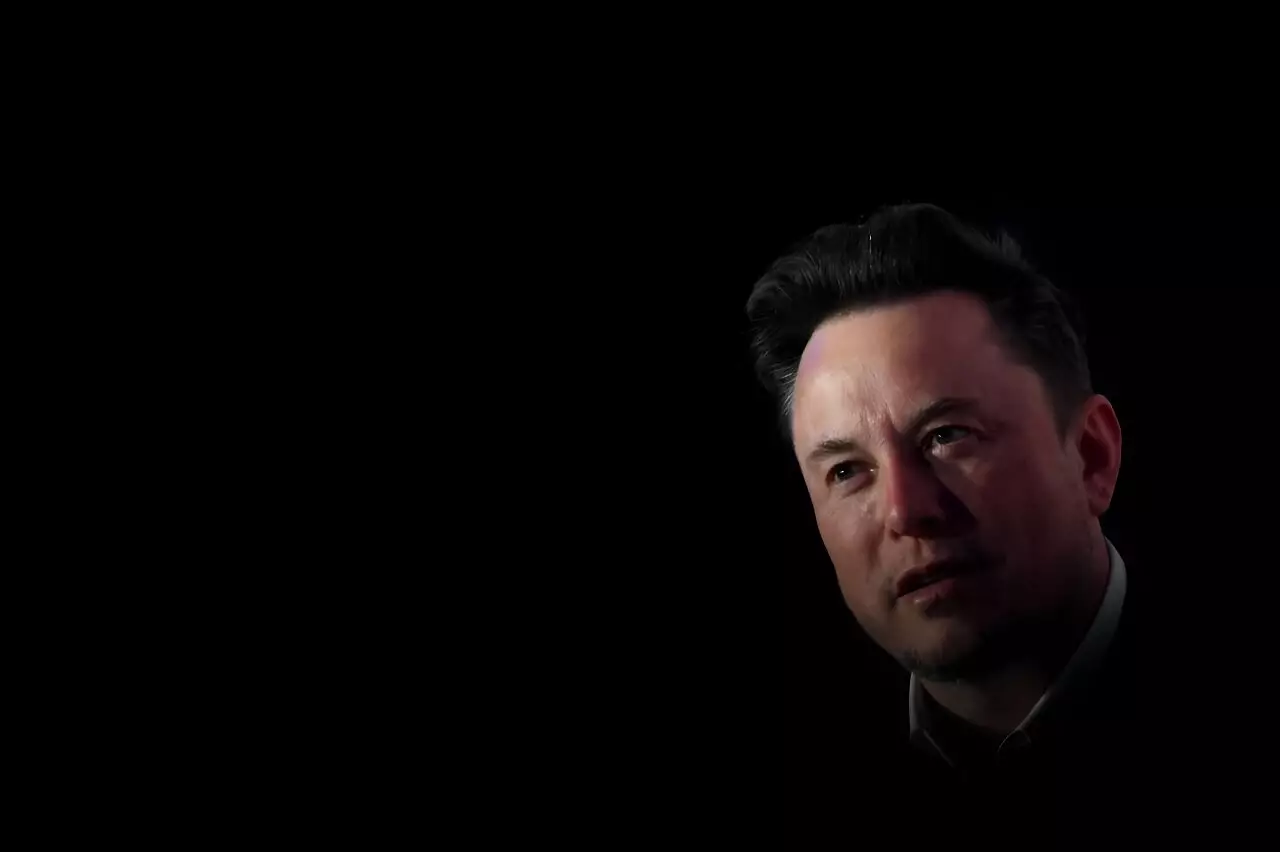A Supreme Court judge in Brazil recently ordered an investigation into Elon Musk after the entrepreneur criticized the magistrate and accused him of censorship for blocking social media accounts suspected of spreading disinformation. Judge Alexandre de Moraes accused Musk of “criminal instrumentalization” of the platform and warned that there would be consequences if Musk disobeyed judicial orders. The judge threatened to impose fines on Musk for each reactivated account, sending shockwaves through the tech industry.
In response to the threat of fines and potential restrictions on his platform, Musk took to social media to air his grievances against Judge Moraes. Musk called for the judge’s resignation or impeachment, accusing him of betraying the constitution and the people of Brazil. Musk also expressed concerns about the financial impact of the fines and potential shutdown of his office in Brazil, emphasizing that principles were more important than profit.
Judge Moraes has been a divisive figure in Brazil, with some viewing him as a tyrant and others as a defender of democracy. He has been at the forefront of the battle against disinformation in the country, ordering the suspension of Twitter accounts suspected of spreading false information. Moraes has been particularly active in cracking down on supporters of former president Jair Bolsonaro, who was declared ineligible to run for office due to disseminating false information about the electoral system.
The clash between Musk and Judge Moraes is just one example of the ongoing struggle over free speech and democracy in Brazil. With tensions running high between different political factions, the role of social media platforms in disseminating information and influencing public opinion has come under scrutiny. Moraes’ actions reflect a broader trend in the region, where governments are increasingly imposing restrictions on digital freedom in the name of combating disinformation.
The investigation into Elon Musk by the Brazilian Supreme Court highlights the complex relationship between tech giants, judicial authorities, and democratic principles. As the battle over free speech and disinformation continues to escalate, it is crucial for all stakeholders to find a balance between upholding the rule of law and protecting fundamental rights.


Leave a Reply